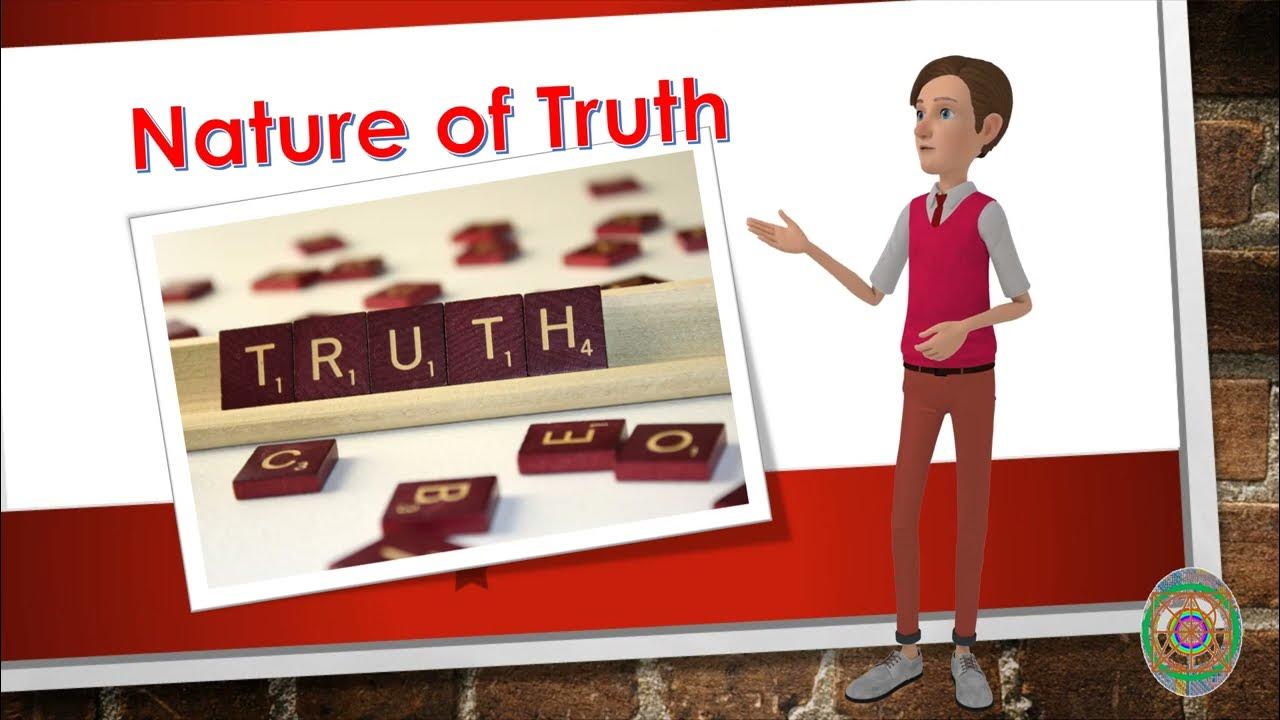जानने वाला और जानना - दोनों झूठ हैं
Summary
TLDRThe script delves into the exploration of truth and falsehood, questioning the nature of reality and perception. It discusses the limitations of human understanding and the role of intellect and knowledge in discerning truth. The dialogue touches on the concept of 'I' and its development, suggesting that without content, the 'I' cannot evolve. It also critiques the reliance on physical experiences as the sole measure of truth, proposing a deeper, more introspective approach to understanding existence and the self.
Takeaways
- 🤔 The speaker discusses the concept of truth and falsehood, questioning the nature of self and reality.
- 🔍 There's an exploration of the limitations of human perception and the possibility of experiencing the 'unseen' or 'unexperienced'.
- 🧘♂️ A reference to Krishnamurti's teachings, emphasizing the importance of direct experience over belief and dogma.
- 🌀 The idea that the ego or 'I' is a construct that can limit our understanding of truth and reality.
- 🌟 A critique of the pursuit of spiritual experiences for the sake of validation or ego, suggesting that true understanding comes from a deeper place.
- 🌱 The notion that the mind can be a tool for exploration but also a barrier if it clings to preconceived notions.
- 📖 A mention of the Buddha's Heart Sutra, which speaks to the emptiness of all phenomena and the path to enlightenment.
- 🧠 The mind's ability to observe and analyze itself, potentially leading to insights into the nature of existence.
- 🌈 A discussion on the illusory nature of the self and the possibility of transcending this illusion to understand the true nature of reality.
- 🔮 The potential for the mind to create its own reality, and the importance of questioning the sources of our beliefs and experiences.
Q & A
What is the main philosophical inquiry discussed in the script?
-The script explores the philosophical question of whether our existence is true or false, and how we can perceive or know the difference between reality and illusion.
How does the script address the concept of knowing something as false?
-The script suggests that in order to recognize something as false, there must be a truth within us that allows us to perceive the falsehood. It questions whether it is logical to say 'I am false' when one can recognize falsehood only because of the inherent truth within them.
What reference is made to Krishnamurti, and how does it relate to the discussion?
-Krishnamurti is quoted as saying 'I see nothing,' which is used to illustrate the idea that despite extensive observation and mindfulness, one might conclude that nothing is truly experienced. This ties into the script's exploration of the limits of perception and understanding.
How does the script relate the concept of 'I' (ego) to the process of knowing?
-The script suggests that the 'I' or ego complicates the process of understanding by constantly trying to reassert itself, even when recognizing the falsehood. It implies that true knowledge may require transcending the ego and its illusions.
What is the significance of the metaphorical 'laboratory' in the script?
-The 'laboratory' symbolizes the mind's complex structure, which conducts experiments (thought processes) to understand life. However, the script questions whether this laboratory and its instruments (mind and intellect) are themselves truthful or merely illusions.
How does the script challenge traditional religious or philosophical beliefs?
-The script questions the validity of traditional beliefs, such as the existence of the soul or the self, by arguing that these concepts might be illusions created by the mind. It challenges the idea of accepting these beliefs without questioning their foundations.
What role does the body play in the script's discussion of truth and illusion?
-The body is described as highly sensitive, reacting to various experiences, but these reactions are seen as physical rather than spiritual truths. The script implies that bodily experiences do not necessarily lead to ultimate truth or enlightenment.
How does the script discuss the limitations of intellectual understanding?
-The script emphasizes that intellectual understanding, which is often tied to the ego, cannot fully grasp the truth. It suggests that true realization might require going beyond intellectual processes to a more direct, experiential knowledge.
What does the script say about the relationship between life and truth?
-The script equates life with truth, suggesting that both are inseparable and must be experienced directly, beyond the constructs of the mind and ego.
How does the script conclude on the notion of discussing or communicating truth?
-The script implies that truth might be beyond words and concepts, making it difficult to communicate or discuss using conventional language. It suggests that certain truths might only be understood through direct experience rather than intellectual discussion.
Outlines

This section is available to paid users only. Please upgrade to access this part.
Upgrade NowMindmap

This section is available to paid users only. Please upgrade to access this part.
Upgrade NowKeywords

This section is available to paid users only. Please upgrade to access this part.
Upgrade NowHighlights

This section is available to paid users only. Please upgrade to access this part.
Upgrade NowTranscripts

This section is available to paid users only. Please upgrade to access this part.
Upgrade NowBrowse More Related Video
5.0 / 5 (0 votes)





